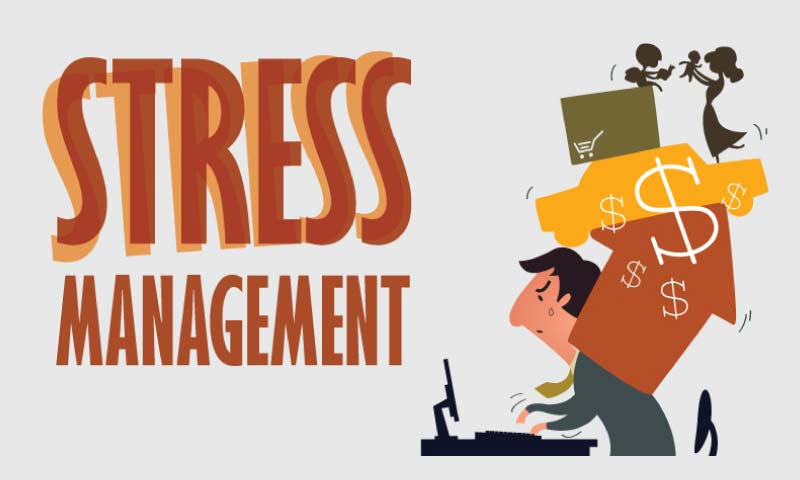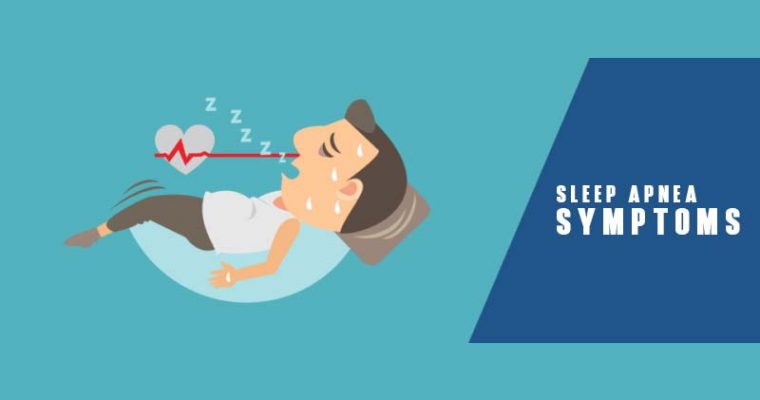Stress is something that happens to almost every person from time to time. It is the body’s reaction to something that happened or is happening. Your body reacts to the situation and it causes physical, mental, or emotional strain.
Stress is very common and doesn’t have to be a negative thing. In fact, stress is one way the body helps us avoid danger. It can also lead to increased productivity and motivation. Even positive life changes like a promotion, marriage, or a new baby can cause stress in a person’s life.
While there are a few benefits to stress, chronic or severe stress is a different story. For some, anticipating a difficult event can cause stress and anxiety. Those who live with chronic stress can feel like it is dogging them every moment or through every decision.visit here
This type of stress and anxiety is not beneficial and can cause serious physical, mental, or emotional issues.
Learning how to manage stress in a healthy way is one of the best ways to combat long-term stress. Here we will discuss the effects of stress, how it can affect communication, and best methods to overcome stress.

Effects of Stress

When your body responds to stress a number of things can happen. Your heart rate might increase, your blood pressure may rise, your breathing can quicken, and your muscles often tighten. This is called a “flight or fight” reaction. Your body is getting ready to act quickly if necessary.
Stress can cause symptoms that traverse a person’s entire body. If it is severe or chronic, It can cause physical, emotional, or mental issues.
Physical Symptoms of Stress
When stressed, the body responds in a number of ways. Some of the symptoms include:
- Upset stomach, diarrhea, constipation, nausea
- Muscle aches, pains, tension
- Insomnia or other sleep issues
- Loss of Energy
- Headaches
- Nervousness or shaking
- Lowered immune system
- Dry mouth
- A clenched jaw or grinding teeth
- Hyperventilation
- Sweating
Prolonged stress can also cause heart disease, high blood pressure, or irregular heart rhythms. Stress can lead to heart attacks or strokes, and it can contribute to panic attacks which can feel like a heart attack.
Long-term stress can also lead to obesity, eating disorders, menstrual irregularities, and respiratory infections.
Stress can develop into skin issues like acne, psoriasis, eczema, and hair loss.
Your digestive system can also be affected and can cause irritable bowel syndrome, peptic ulcers, or gastroesophageal reflux disease.
Emotional and Mental Symptoms of Stress
Stress not only affects your physical body, but it can also affect your emotional and mental state.
Here are some common ways that a person may experience an emotional toll from stress:
- Moodiness or irritability
- Low self-esteem
- Depression
- Anxiety
- Avoiding other people
- Feeling overwhelmed
- Excessive worry
Prolonged stress can have severely damaging effects on a person’s mental and emotional health.
The field of study called psychoneuroimmunology (PNI) researches the correlation between a body’s immune system and its nervous system. According to MentalHelp.net, “PNI research suggests that chronic stress can lead to or exacerbate mood disorders such as depression and anxiety, bipolar disorder, cognitive (thinking) problems, personality changes, and problem behaviors.”
How Does Stress Affect Communication?

Another way that stress manifests is through communication.
People who are feeling stressed out may become easily frustrated or angry. This can have a negative effect on your communication skills. A person in a heightened sense of emotion can have trouble choosing their words carefully or expressing things in an appropriate way.
Stress can also cause a person to pull away from people. They may want to draw within themselves and isolate themselves from loved ones. When this happens, communication is impaired and they’re not able to receive proper support and care from their community.
When a person is feeling stressed it’s easy for them to misunderstand another person’s intentions or what they are trying to communicate.
Another way that stress can affect communication is in public speaking. For some, the anxiety caused by public speaking will prohibit them from getting up in front of a crowd. It can trigger the flight or fight response connected and cause them to avoid the situation.
How to Manage Stress
Stress can be damaging to many people in many different ways, but it can also be managed. Here are some helpful ways to manage your stress.
Identifying Causes of Stress
One of the first steps to overcoming stress is identifying where the stress is coming from. At times you may not even know what is causing you to feel stressed. You may be experiencing high levels of stress without knowing the root cause.
Another phrase for this is “stress triggers.” Not everyone is stressed by the same thing. One person may be stressed by work or academics while another is uncomfortable in social situations. Everyone has something different that can trigger their stress response.
Once you can identify your triggers, you can begin managing your stress levels and come up with a comprehensive plan to combat it.
Increase Communication With Those Around You
Often our stress levels get out of hand when we’re doing a poor job communicating with others.
There are times in our lives when no one is able to help us with our stress load. Still, there are other times we could reduce our stress through communication. Here are four ways you can use communication to lower your stress.
Communicate in Work and Academics

Work is a major area that people stress over. When a job is new, you can expect that your stress levels will be higher as you learn how to accomplish new tasks. However, if you’ve been working at a job for a long time and your boss has unrealistic expectations, it may be time to have a conversation. Communication is integral to a healthy work environment.
While it’s not always possible to have a communicative relationship with a boss, it’s better to try than to suffer under enormous stress. Your boss may not lessen your load, but they may have creative solutions to help you succeed.
The same is true for academics. If the material you’re covering is too difficult, reach out to your professor. They will see that you’re genuinely making an effort and they may be able to find you a tutor or offer help during office hours.
Communicate in Your Relationships
Another common source of stress is relationships with others. Social support is important and relationships are fundamental to a person’s wellbeing. However, when tensions are high with a spouse, roommate, family member, or close friend, our stress levels can be through the roof.
One way to avoid stressful relationships is to communicate early. Instead of waiting until you reach a boiling point, let your friend, spouse, or loved one know when something frustrates you. By expressing frustration or disappointment gently, you can de-escalate potentially stressful situations.
Likewise, we should be willing to listen when a loved one expresses their feelings. Let them explain how things affect them and try not to interrupt or
Talk to Friends, Families, and Loved Ones About Your Stress
Finally, if you’re feeling overwhelmed or stressed in life, reach out to someone. Talk to someone about the things that are causing you stress and about the emotions that you’re having.
If you’re experiencing chronic stress, you may want to reach out with a professional therapist to help you manage your stress. In fact, according to a study conducted by UCLA, talking about your emotions can lessen the intensity of sadness, anger, and pain.
Matthew D. Lieberman, lead author of the study explains, “In the same way you hit the brake when you’re driving when you see a yellow light, when you put feelings into words, you seem to be hitting the brakes on your emotional responses…Putting our feelings into words helps us heal better. If a friend is sad and we can get them to talk about it, that probably will make them feel better.”
Additional Ways to Reduce Stress
If you’re dealing with stress there are a lot of other proven methods to help lower your stress levels.
One significant way to reduce stress is to exercise. The American Heart Association writes, “Regular physical activity can improve quality of life and relieve stress, tension, anxiety, and depression. You may notice a “feel good” sensation immediately following your workout and also see an improvement in overall well-being over time as physical activity becomes a regular part of your life.”
Eating healthy is also known to help relieve stress. Caffeinated beverages can have a negative effect on your body and increase stress when consumed in large quantities. The same can be said for overindulgence of alcohol, sugar, salt, and nicotine.
Things that help reduce stress are foods with vitamin B, vitamin C, and Magnesium. These nutrients can help your body gain energy and strength when you’re experiencing stress.
Other things that can help is getting enough sleep, meditating, praying, and doing relaxing things like taking a warm bath or getting a massage. Enjoying hobbies or recreational fun is another way to greatly reduce stress.
Manage Your Stress in Healthy Ways
Stress is a natural part of life but it doesn’t have to consume it. If you’re feeling stressed every day, start by making simple changes that can help give you relief.
Take some time to relax, talk with some friends, and remember to communicate your feelings. These small changes can be the beginning of real change and help free you from being the weight of stress.














